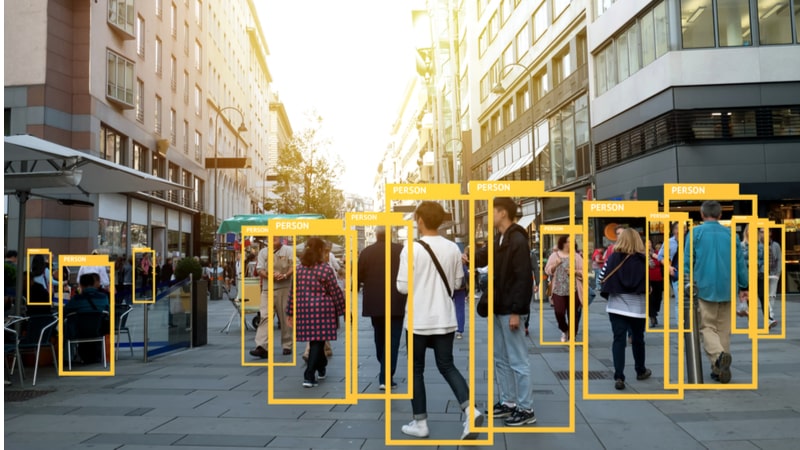
The General Services Administration (GSA) has launched a new study that will help assess the impacts of facial verification technology across demographic groups and vulnerable populations.
The Equity Study on Remote Identity Proofing will inform the agency’s strategy and policy related to these types of technologies and aims to help GSA understand how to improve the way it proves people’s identities remotely.
“This is an important study and initiative to test and validate facial recognition and matching algorithms and technology to identify barriers across demographic lines,” Sonny Hashmi, commissioner of the Federal Acquisition Service at GSA wrote on LinkedIn this week. “The results will not only inform government strategy moving forward, but will also lower barriers for more Americans when they interact with their government digitally.”
GSA is working to ensure it has 4,000 participants from varied demographic backgrounds to participate in the study. Participation includes taking pictures of your ID with a smartphone, taking selfies, and providing other personal information. Each participant will receive $25 in compensation.
“GSA is committed to combating bias. This research study will help us make sure government websites work for everyone,” the agency said. “To improve outreach practices, user testing, and user experience for underserved communities in civic tech design, we’re studying the equity of remote identity-proofing technologies that the American public may interact with when accessing eligible government services and benefits.”
GSA said it plans to release a report with the results from the study in a peer-reviewed publication in 2024.
The report will present a statistical analysis of the performance of proofing checks and explore the causes behind any negative or inconclusive results. Once the report is published on GSA.gov, the agency will use the results to inform requirements for future procurements and studies.
Those that are interested can register here.
